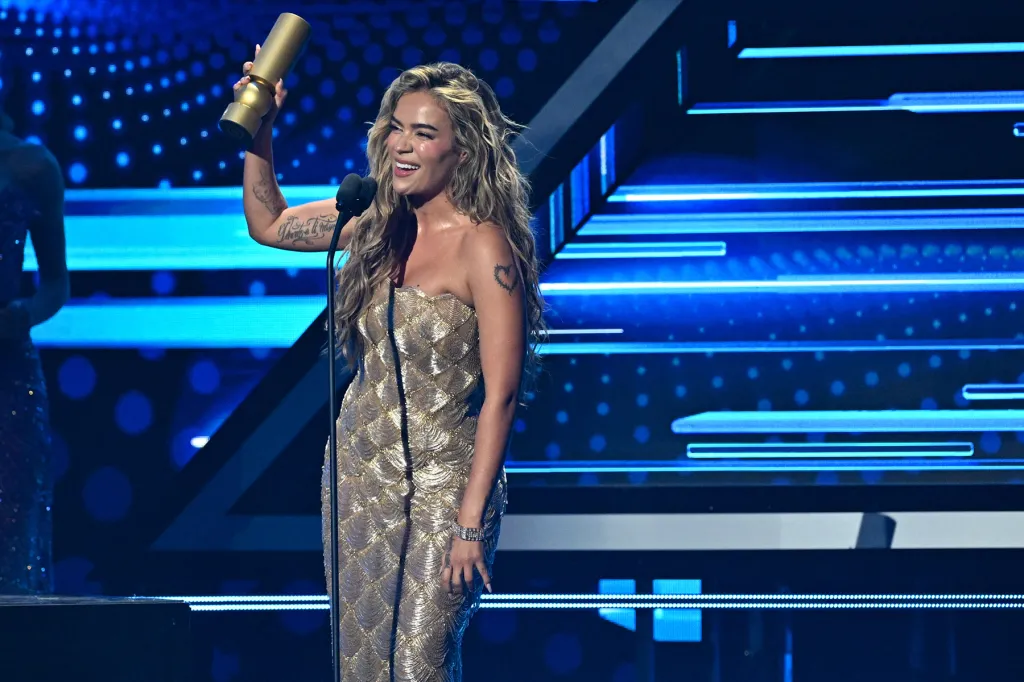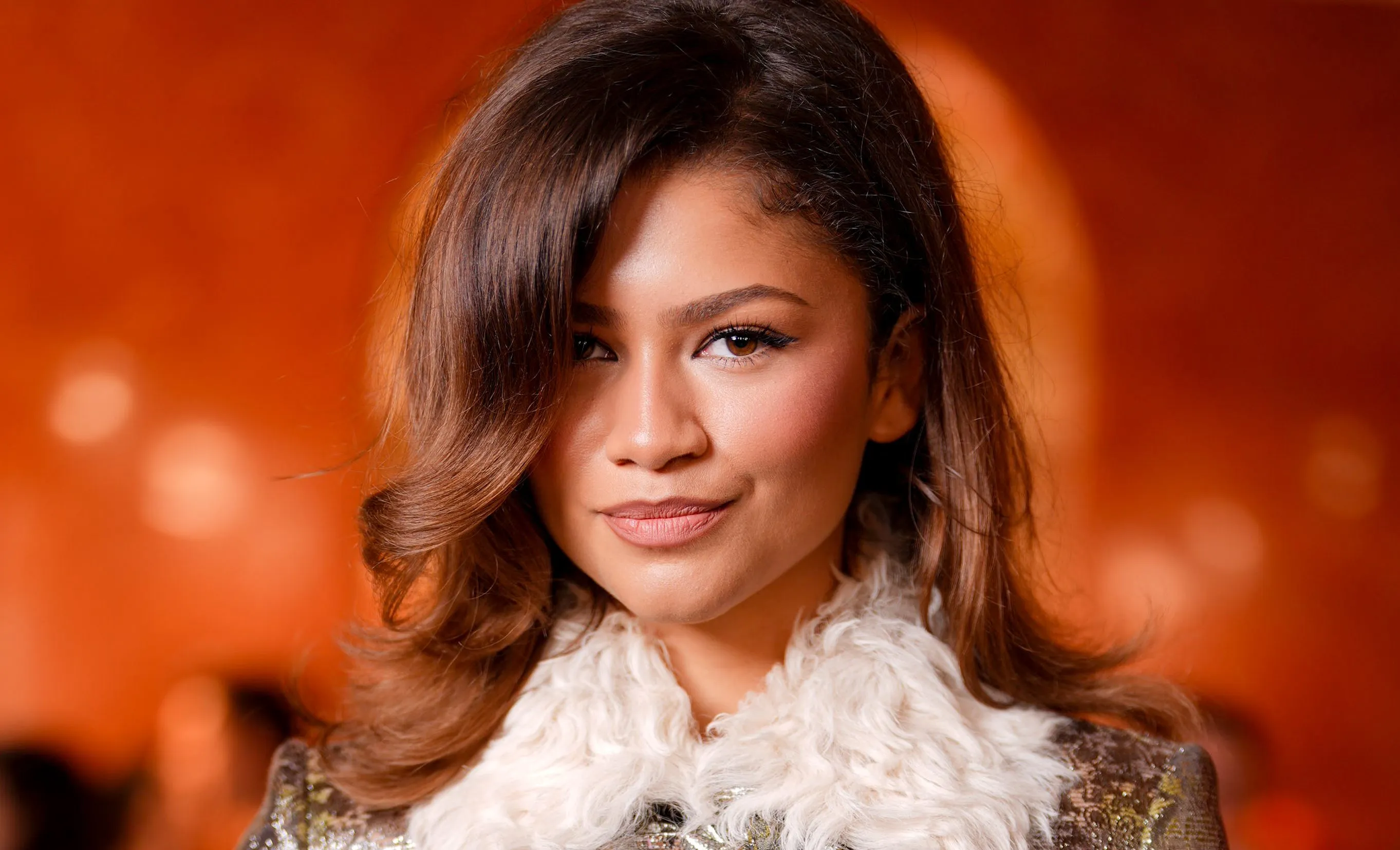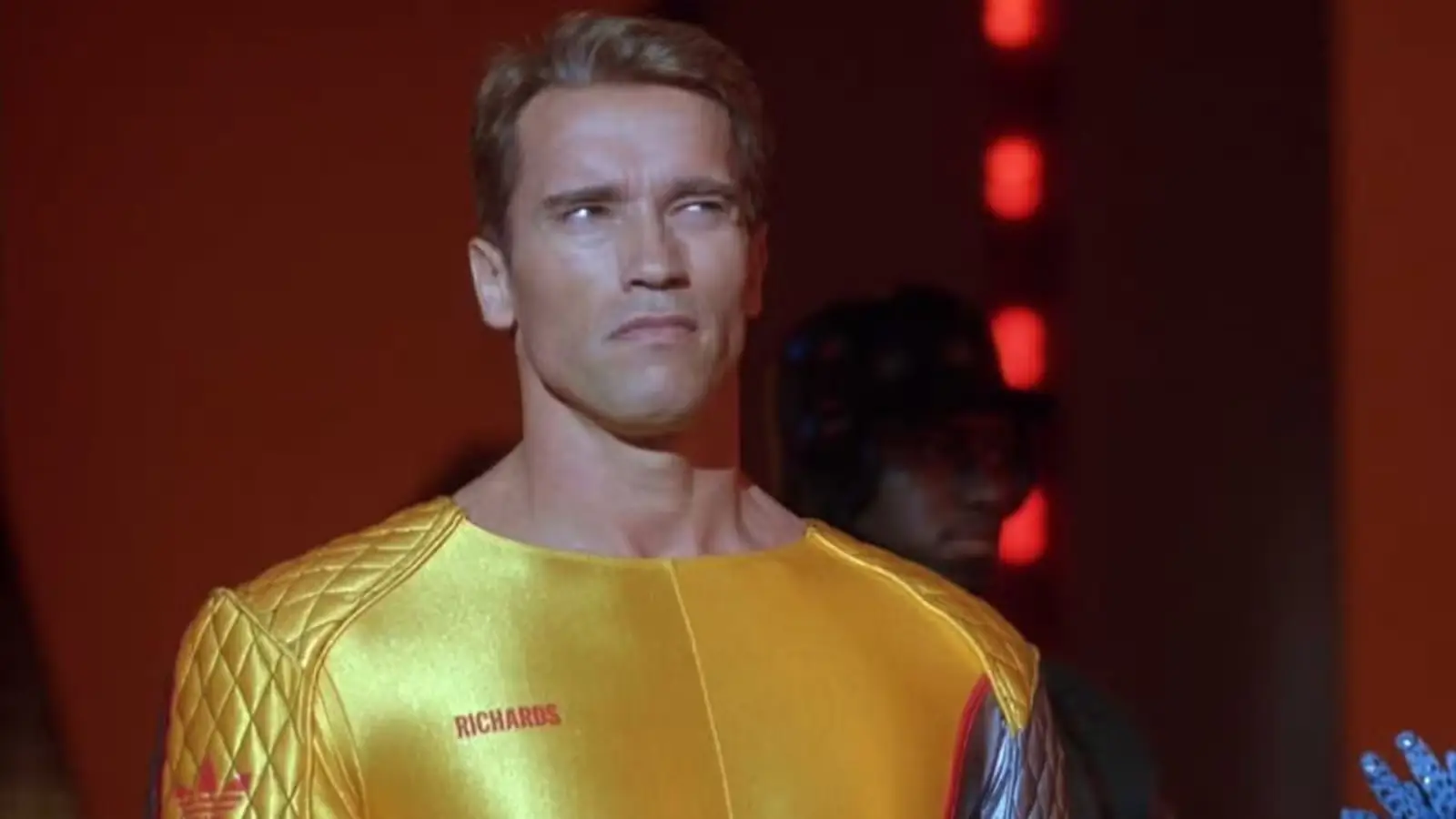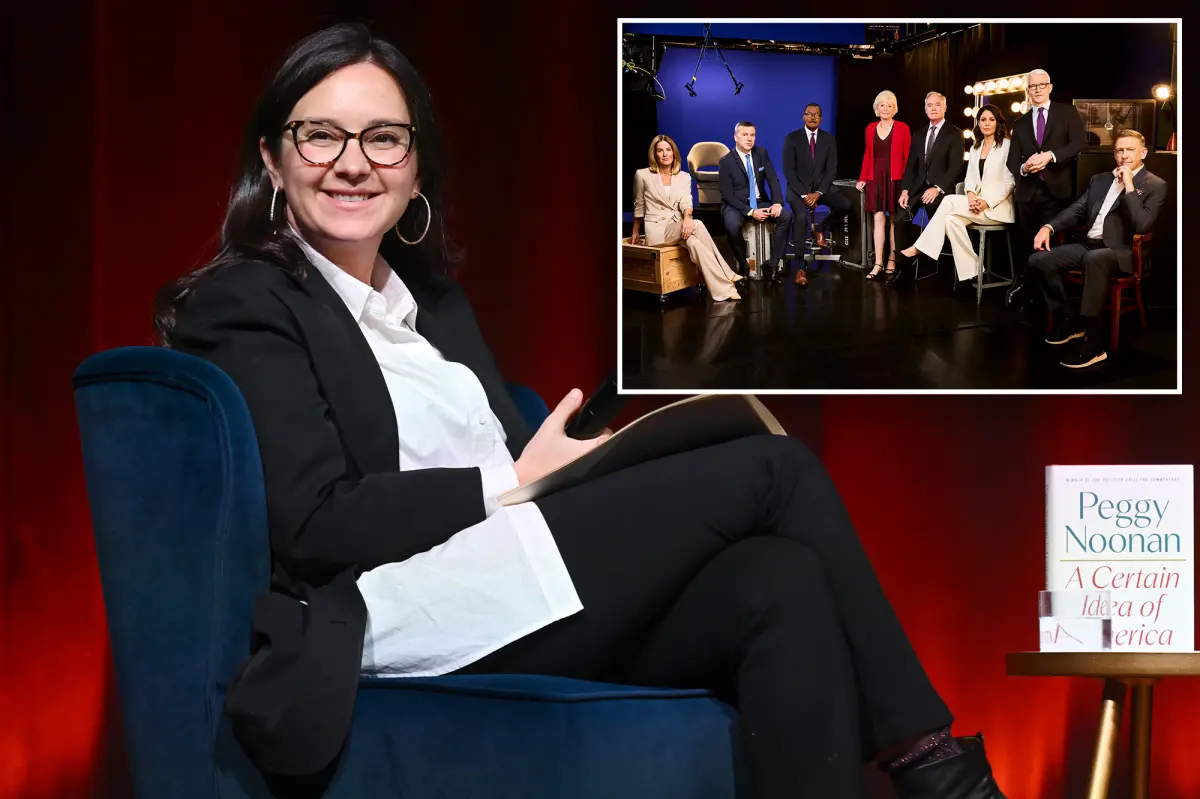Copyright Los Angeles Times
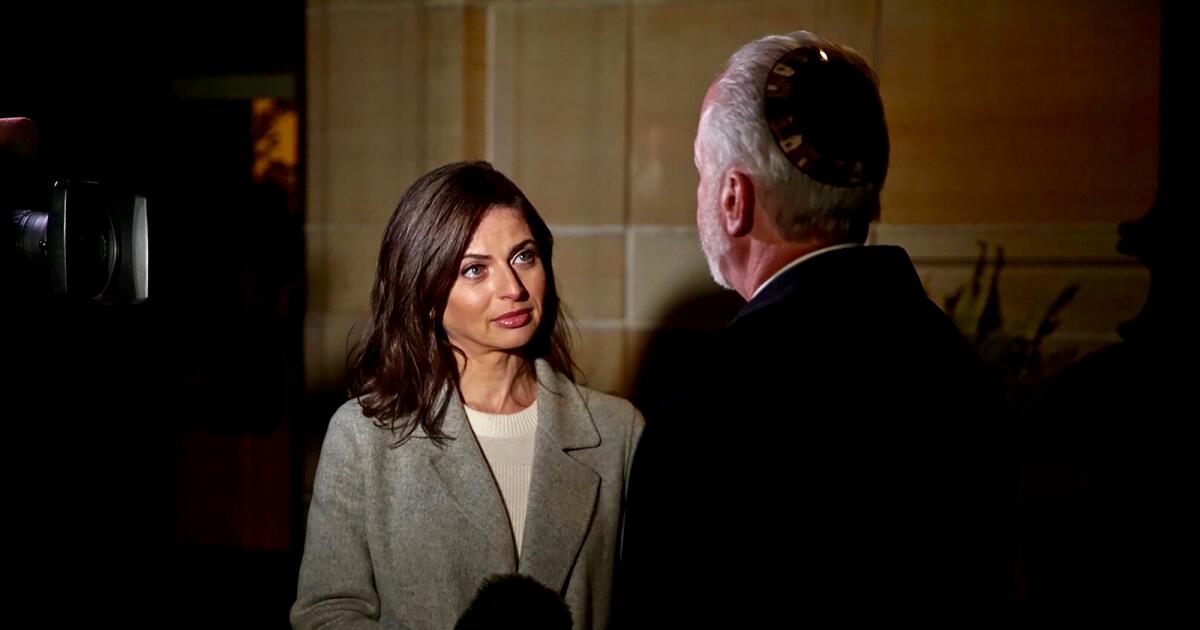
Bianna Golodryga, a news anchor for CNN International, immigrated to the U.S. from the former Soviet Union in 1980 with her family to escape antisemitism. Now a parent of two children, the onetime political refugee finds herself having to explain the hatred expressed toward Jewish people in the country she loves — much of it expressed in the swampy waters of social media. She sees them living with the tension between taking a stand against it and getting along. “When you come to a country, you’re the minority, and all you want to do is fit in,” Golodryga says. The veteran journalist who co-hosts “One World” on CNN International and her friend Yonit Levi, a leading anchor for N12 News in Israel, wanted to provide their preteen offspring a road map to deal with the issue. They delivered it in their co-authored young adult novel “Don’t Feed the Lion.” The book, aimed at ages 9 and up, is centered around Theo Kaplan, a soccer-obsessed Chicago middle-school student whose world is rocked when his favorite footballer makes an antisemitic remark about a team owner. The hate hits closer to home when a swastika and antisemitic hashtag is scrawled on Theo’s athletic room locker — leading his younger sister to assume a secret online identity to get justice. Golodryga recently spoke to The Times about “Don’t Feed the Lion.” The central plot point in this book is informed by life experience. Your son took it hard when NBA star Kyrie Irving touted a documentary film with antisemitic tropes on social media. Irving was suspended by his team before he apologized for it. My son is a big sports fan. He’s asked me point-blank, “Why do they hate us? Can I not go to basketball games anymore?” I remember where we were on the Brooklyn Bridge going to a Brooklyn Nets game and he asked this and I didn’t have a good answer. I figured I would just reach out to their school and see what they’re doing about antisemitism since they’ve invested so much into other forms of hate education. I came to find out they didn’t have anything. It was basically, “Well, when they ask a question, we discuss it at school sometimes.” And so that really stuck with me, that there weren’t resources for kids on antisemitism. Did the Hamas attack on Israel that led to the war in Gaza accelerate the need for such a book? Yonit and I have known each other for many years, and we sadly predicted that once again, we’d see a huge spike in antisemitism. Her kids are around the same age. She spent many of her formative years here and she’s very familiar with the U.S. And I said, “Let’s write the book that we can’t find, because this is bound to be an issue in the weeks and months to come.” It’s not the panacea, but at least there will be some resource that’s a good story too, for Jewish kids, non-Jewish kids and the adults in their lives. After your main character Theo sees the swastika and hashtag on his locker, the reaction from his school was pretty tepid. Are schools not taking this issue seriously enough? That’s part of the problem. We’ve allowed this to fester. Other forms of hate have been addressed head-on. Whether it’s a swastika here or there or a social media post, or a statement or a comment, whether from the right or from the left — it’s sort of treated as isolated incidents and not with the level of alarm that I would say other forms of hate or comments directed at other minorities would be. And again, this is personal experience from other family members dating back five, 10 years ago where there were swastikas at school, and the response was, “Let’s have a kumbaya session and talk about why this isn’t a good thing and why we shouldn’t allow this.” I’ve experienced this as a Jewish American. How complicated has this discussion become in light of the way public sentiment has turned against the Israelis over the way they handled the war in Gaza? I think that’s one of the reasons why no one’s really wanted to touch this issue for this age group because they conflate it with the Middle East. This is obviously the longest, deadliest, most painful war stemming from the horrific attacks of Oct. 7 that we’ve covered. But we see every time there’s an infraction, skirmishes or short-term war there is a spike in antisemitism around the world. ... There’s no other country where I’d rather be a Jew than in the United States. But there isn’t a time where I don’t remember growing up, whether in Texas or in New York now, where there hasn’t been an armed guard or two or three, or a bomb threat issued, at a place of worship, a synagogue, a Jewish institution, and that’s been normalized. I mean, now I don’t feel comfortable going into a Jewish institution without security. And again, this predates Oct. 7. Was it difficult to sell this book? We started bringing it to the attention of publishers about two or three months after Oct. 7, so end of December ’23 and early January ’24. And I will say, I was a bit surprised that we couldn’t get many people to bite. We’ve never written a book and we were told — and I take this at their word —that this is a very difficult age group to write for and market to in general, which is in and of itself a problem, because as we noted, they’re very smart, inquisitive, and they need materials. They shouldn’t be talked down to. We didn’t want to write a didactic book. Then we would hear six months to a year later that now may not be the right time to write a book on antisemitism. Maybe give it a year or two and we’ll see. It seemed to us the is the exact time to write a book. We just got to the point where we said let’s just self-publish, if that’s what it’s gonna take. How did you eventually find a publisher? Luckily, Yonit and I weren’t shy about telling everyone we knew about this project. One night I was seated at a dinner for the Metropolitan Museum of Art next to Michael Lynton, who’s a former Sony Entertainment head and now chairman of Snap. And I told him about this book, and he said, “I’ll publish it.” He and his sister run Arcadia, which publishes regional children’s books. He said this isn’t typically the type of book we publish. But I think he really believed in the idea, and so we’re very grateful. There are some similarities between your 13-year-old son and Theo. When he read the book, was he concerned it might be too revealing? No. It’s funny because I think he actually enjoyed the storylines and the plot. Sadly, I think his main concern now is this is just the reality we live in. He’s just worried about security and pushback and not wanting to draw too much attention to me or the family. I think that’s sort of a typical response you get from kids. He’s actually become much closer to his Judaism and his heritage. And he had his bar mitzvah in Israel last year. He’s wanted to go to synagogue more and he’s really taken a deep dive into his culture, which we’re very proud of.
